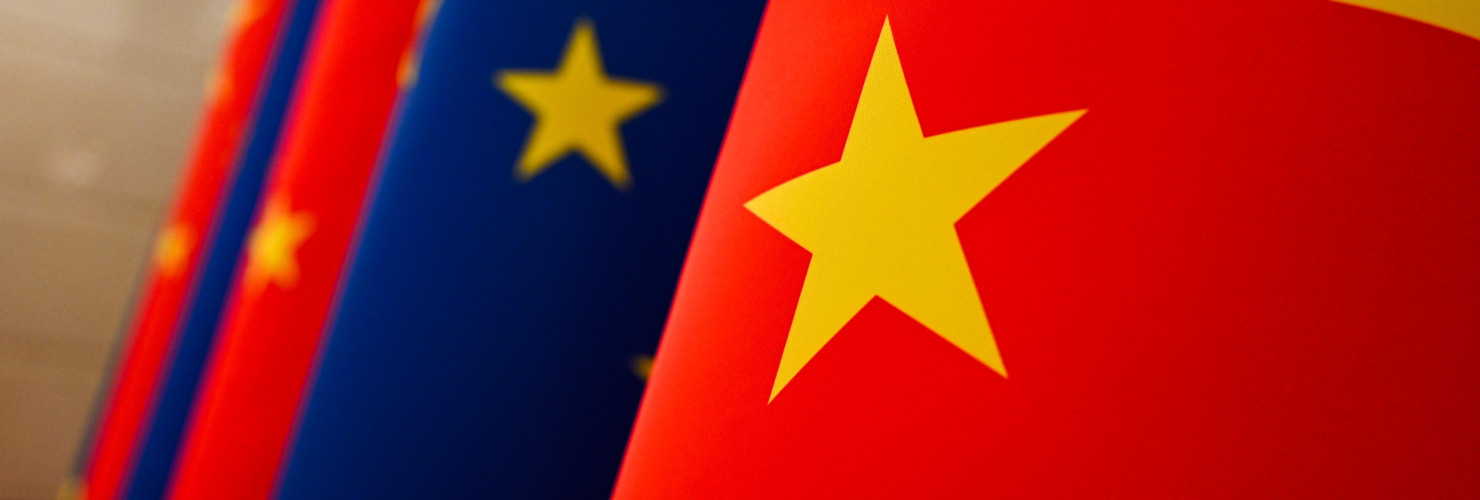

De-risking under the next Commission + EV tariffs + Chinese e-commerce exports to EU
In this issue of MERICS Europe China 360°, we cover the following topics:
- De-risking round two: Tips for the new Commission's China agenda
- EU level-playing-field measures proceed despite looming Chinese retaliation
- The e-commerce boom of Chinese exports to the EU
By Rebecca Arcesati, Francois Chimits and Grzegorz Stec
Following the European Parliament elections, the EU enters a period of intense deliberations on the policy priorities of the next five-year mandate. That includes outlining the EU’s China policy in the context of major tensions within the EU-China relationship in recent years, with more geopolitical and geoeconomic tensions on the horizon (see the next entry on the build-up of trade tensions).
Many related de-risking and level-playing field efforts initiated by the outgoing Commission are yet to be fully implemented. But given Beijing’s lack of interest in addressing the EU’s concerns bilaterally or developing a meaningful cooperative agenda, the incoming Commission needs to be ready to maintain the assertive course.
De-risking framework
That agenda should reflect that China has become a significant security challenge, exacerbating threats to the EU’s core interests. Beijing’s material and diplomatic support for Moscow’s invasion of Ukraine and its calls for reshaping Europe’s security architecture, as well as its extraterritorial and coercive measures, cyberattacks, espionage, and influence operations in Europe, underscore this reality. There are no indications that China’s government is planning to change course.
De-risking should therefore remain the guiding principle of the EU’s China policy and engagement with Beijing. However, the discussion about resilience vis-à-vis China should extend beyond the economic dimension to encompass also political, societal, human rights and other challenges. The EU needs comprehensive risk assessments – not to securitize all aspects of its relationship with China indiscriminately, but to develop targeted policies that address specific threats.
A consolidated Union
During the transition period around elections in the EU and in the US, Beijing is likely to mount a diplomatic offensive, similar to past instances. That means intensifying pressure and divide and rule tactics on European capitals following the recent rollout of multiple trade defense measures.
To limit these tactics, improve Europe’s credibility and maximize diplomatic pressure on issues like dual-use exports to Russia, Brussels and the EU-27 can develop a selected list of common talking points for key engagements with Beijing. While not all member states may follow these points, a broad coalition of willing participants can still be effective.
To ensure that such strategic clarity is matched by coherent policies, better structures are needed. It is crucial to enhance intra-EU and inter-agency coordination and information-sharing mechanisms to ensure the multidimensional challenge posed by China is met with an integrated response. That response requires a move beyond the public sphere and an inclusion of better public-private partnerships and coordination with industry.
A competitive Union
The main European asset in the bilateral relationship remains the single market. Its main liability stems from critical dependencies on China. The two issues necessitate a more proactive effort towards European competitiveness, especially in strategic sectors, currently underrepresented in its economic security agenda.
With the US and China deploying resources in ways and at scales unrealistic for the EU, the bloc needs to be more targeted and selective. As EU member states are 27 in making such a selection, they should clearly focus on long-term prosperity and national security.
The lists of critical sectors and technologies with dependencies on China, issued by the Commission, provide a good starting point. Europe should focus on areas where it already has an advantage. Effective China policy today is also about supporting high-tech SMEs, including by cutting red tape and improving access to finance.
A protective Union
The pursuit of the “protect” pillar of the European economic security agenda of 2023 is as crucial amid stiff global competition. Preventing undesirable technology and knowledge transfers – considering Beijing’s military-civil fusion programs and the steady integration of its defense-industrial base with Russia’s – requires member states to coordinate much more effectively, especially on export controls.


